Immediately after the ecstatic, spiritual experience of last week’s Parasha, the Torah immediately brings us down to the ‘real world’ describing in minute detail the social laws that form the structure of a moral society.
Chief amongst them is the merciful treatment of the widow and the orphan, the most vulnerable of society, which is repeated eight times throughout the Torah.
The word most commonly used in helping the vulnerable is Tzedakah, which in Hebrew does not mean charity, but justice.
In general, when people give charity they may feel that they are making a sacrifice by giving to another person from their own wealth. They may even resent the recipient for the charity they give because it takes away from their assets. This is not the Jewish perspective; what we give the poor is rightfully theirs and we are only the trustees of the poor’s property.
King Solomon said, “Do not rob from the poor.” What do poor people own that we can steal from them? This, our sages tell us, refers to withholding charity, because when people do so, they keep for themselves what rightfully belongs to others.
Conversely, the people who receive charity should not feel humiliated and people who give should not feel magnanimous. It is a simple act of justice of distributing what rightfully belongs to each person.
This unique perspective, defining each individual’s obligations, forms the foundation of all Jewish law and that is why it comes at the very beginning of the expounding of the details of 10 commandments.
~Rabbi Shaul



